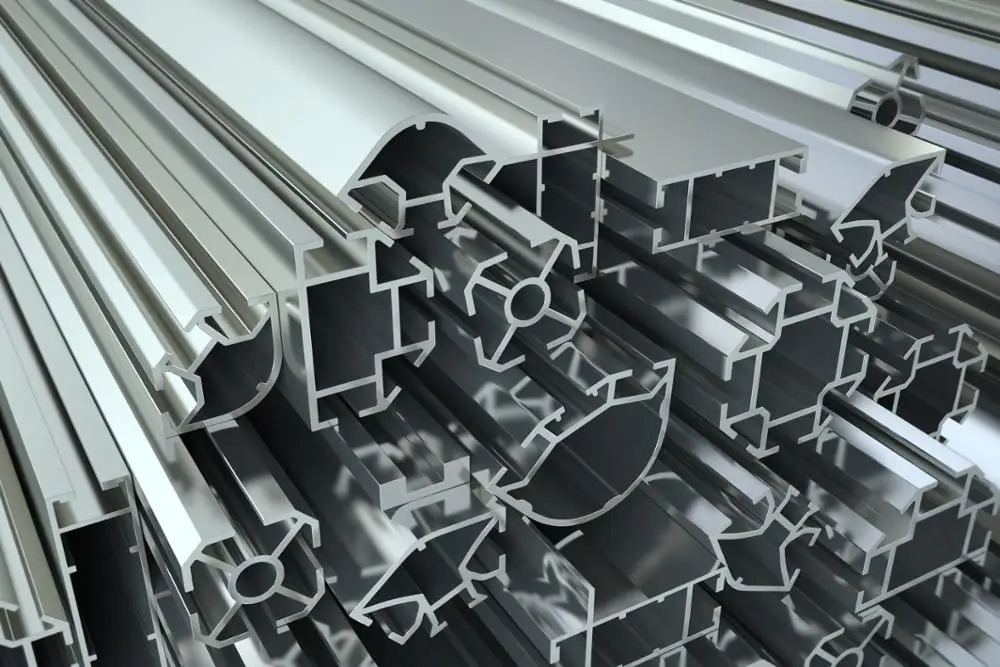Reduce Your Carbon Footprint with Energy-Efficient Aluminum Systems

In today’s world, climate change and environmental issues have become pressing concerns for both individuals and societies. The efforts to reduce carbon footprints are gaining increasing importance on both personal and corporate levels. This is where energy efficiency comes into play. Aluminum systems, with their durability and sustainability potential, play a significant role in this context. In this article, we will explore in-depth how energy-efficient aluminum systems can help reduce our carbon footprints.
Advantages of Aluminum
Aluminum is a material recognized for its lightweight, durability, and ease of recycling. Used in a wide range of sectors, including construction, automotive, aviation, and packaging, aluminum stands out due to several advantages it offers. Here are some of these key benefits:
- Lightweight: Aluminum is approximately one-third the weight of steel. This property not only reduces transportation costs but also decreases energy consumption, thereby minimizing the carbon footprint.
- Recyclability: Perhaps one of aluminum’s most impressive features is its 100% recyclability. The recycling process can reduce the energy required for new aluminum production by as much as 95%. This is crucial for energy conservation and the protection of natural resources.
- Longevity: Aluminum systems are known for their durability, leading to a longer lifespan. This means less material consumption and, consequently, less energy expenditure.
What is Energy Efficiency?
Energy efficiency refers to the ability to obtain more output from a specific amount of energy consumed. In other words, it is about a process or system delivering the same or greater functionality while using less energy. This situation provides opportunities for energy savings while also minimizing environmental impacts. Innovative technologies and materials are employed to achieve energy efficiency.
Energy-Efficient Aluminum Systems
Energy-efficient aluminum systems are optimized aluminum components used in various applications. These systems not only provide energy savings but also significantly reduce environmental impacts. Here are some examples of energy-efficient aluminum system
- Insulation Systems: Aluminum windows and doors, designed with high insulation properties, minimize heat loss. This reduces the need for heating and cooling, leading to energy savings.
- Solar Energy Systems: Aluminum frames commonly used in the installation of solar panels enhance the efficiency of solar energy systems due to their lightweight and durable nature.
- Automotive Applications: Utilizing aluminum parts in the automotive sector can reduce vehicle weight. Lighter vehicles consume less fuel, resulting in lower carbon emissions.
- Construction Sector: Structural components made from aluminum play a vital role in improving energy efficiency in buildings. With the right design and material selection, energy consumption can be significantly reduced.
Methods to Reduce Your Carbon Footprint
If you aim to lower your carbon footprint using energy-efficient aluminum systems, consider the following methods:
- Selecting the Right Materials: Opt for energy-efficient materials like aluminum in your projects. Avoid less efficient alternatives to adopt a sustainable approach.
- Designs that Promote Energy Savings: Optimize your building designs by incorporating solutions that harness sunlight and support natural ventilation. Such approaches can substantially reduce energy consumption.
- Recycling and Reuse: Recycle your aluminum waste. This not only minimizes environmental impacts but also lowers costs. Recycling requires significantly less energy than producing new aluminum.
- Energy Monitoring Systems: Utilize smart energy monitoring systems to observe your energy consumption. These systems can provide suggestions to help you save.
Future Perspectives
In the future, the issues of energy efficiency and sustainability will gain even more prominence. The aluminum industry continues to innovate, developing products that promote energy efficiency. Particularly with the adoption of the circular economy model, the use of recyclable materials will further decrease environmental impacts.
Conclusion
Energy-efficient aluminum systems hold great potential for reducing our carbon footprints. The advantages of aluminum—its lightweight, recyclability, and longevity—offer individuals and businesses opportunities to build a sustainable future. By making the right material and design choices, it is possible to achieve energy efficiency and minimize environmental impacts. Therefore, choosing aluminum systems will not only lead to energy savings but also contribute significantly to combating climate change.